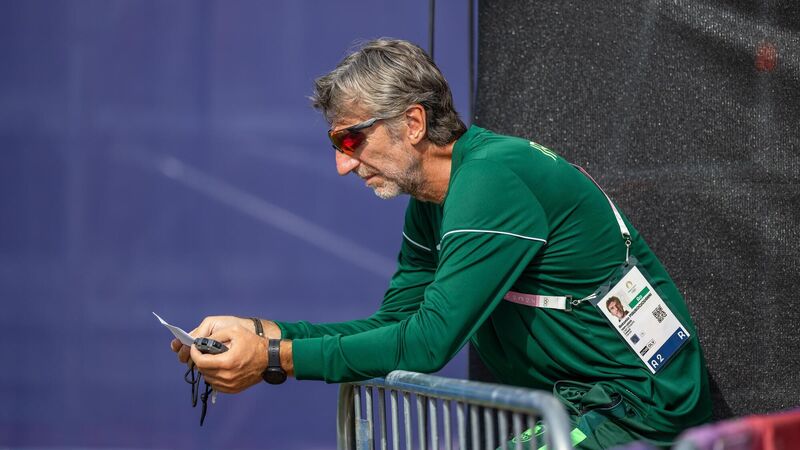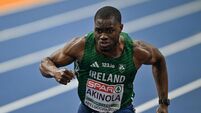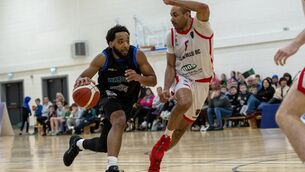Antonio Maurogiovanni: 'Recharge the batteries and onto the World Championships. My job is to give'

Ireland’s rowing coach Antonio Maurogiovanni
Barely an hour had passed at the French national rowing centre here east of Paris, but the world was already moving on. The crowds that had packed stands exposed for hours to the beating sun had made for the shade of the train station at Torcy. Most would re-emerge into the light and the maw of the capital and a ceaseless Olympics.
Antonio Maurogiovanni was moving on too. Rowing Ireland’s high-performance boss was more than happy to stand and chat and take stock of the regatta just gone, but there is no time to lose. We talk about Olympic cycles like they are separate entities. The reality is that they merge and cross over like a magician’s linking rings.











